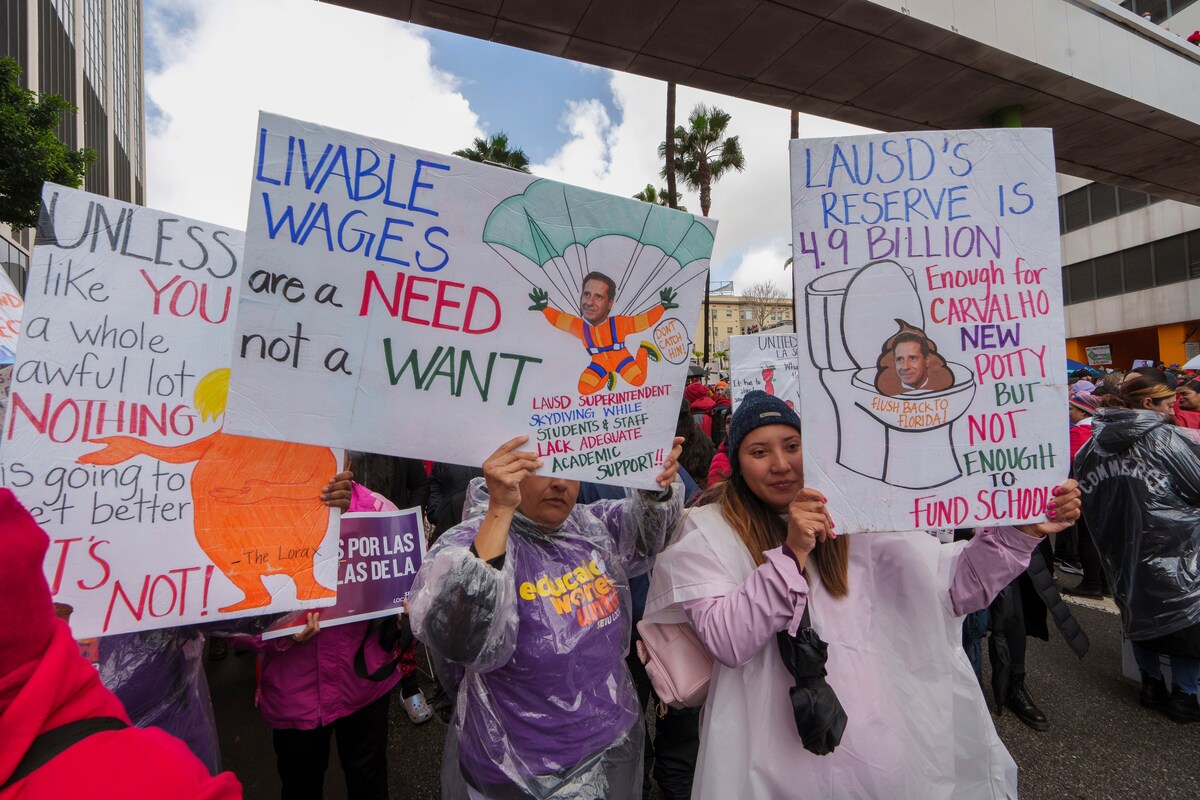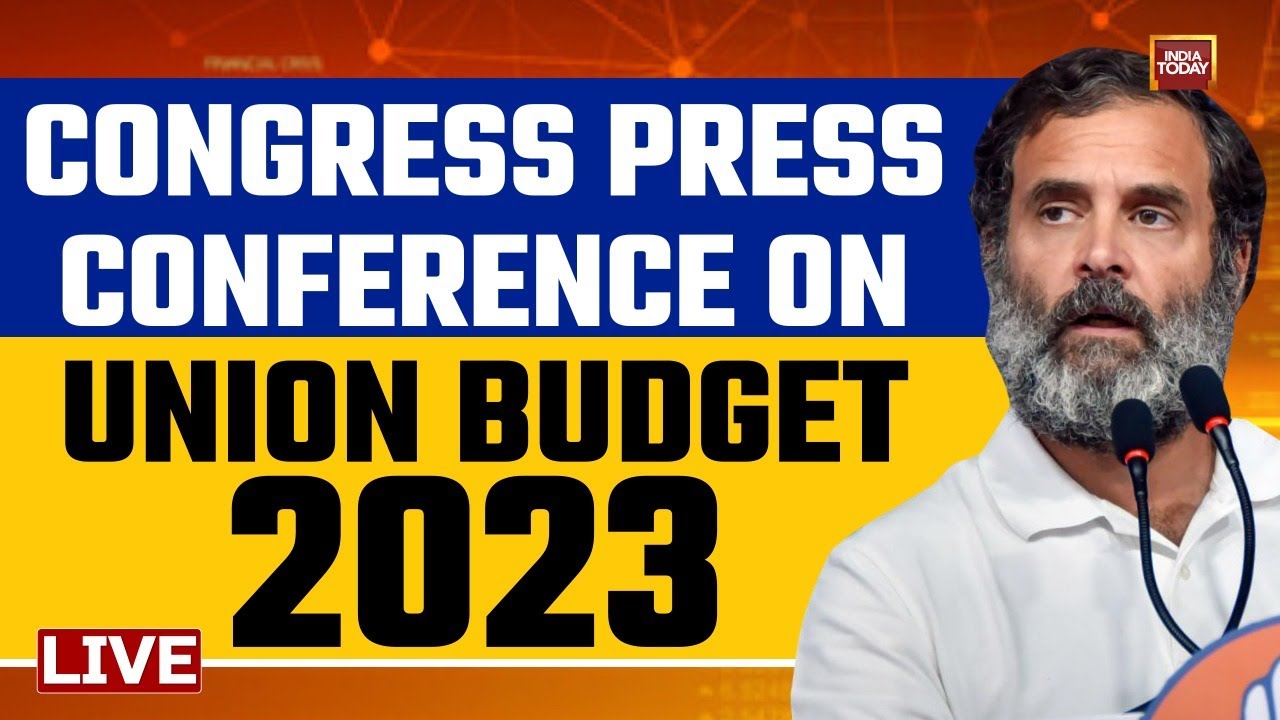In a world where the divide between the rich and poor grows ever wider, workers have an unprecedented opportunity to reshape society. The syndicalist movement, championed by organizations like the Industrial Workers of the World (IWW), presents a radical framework for achieving economic democracy and dismantling oppressive class structures. As we stand on the precipice of a new labor movement, the question is not whether the working class can rise, but how we can unite to claim our rightful place in the economy and society.
Class Struggle is Our Collective Power
Workers are the backbone of the economy, yet they remain shackled by systems designed to benefit the elite. According to syndicalist thought, the only way to liberate ourselves from exploitation is through collective action and self-management. The IWW"s vision of a united working class—regardless of political affiliation—offers a path forward that transcends traditional left-right divisions. It emphasizes the necessity of worker-led unions, which should be open to all workers, including those who may not identify with leftist politics.
Building Class Unions for All Workers
The call for class unions, as articulated by syndicalists, is crucial in today"s fractured labor landscape. These unions aim to foster solidarity across various sectors and industries, uniting all workers under a shared struggle for better conditions. By rejecting political party affiliations, these unions can create a space where workers from different backgrounds collaborate for economic justice. The vision of a One Big Union is not just a nostalgic dream but a practical necessity in our current economic climate.
\n\n
2023 set a record for major strikes in U.S., Labor Department says ...
Confronting Misconceptions About Workers’ Movements
Many misconceptions about syndicalism and class unions lead to their marginalization. Critics often label these unions as "leftist" organizations, overlooking their foundational principle of being inclusive of all workers. This misunderstanding isolates potential allies and stifles the collective power of the working class. As reported by Wikipedia on Syndicalism, the movement"s emphasis on economic democracy and grassroots organization challenges conventional political narratives and calls for a reevaluation of how we define our movements.
Economic Democracy is Possible Through Collective Action
To achieve true economic democracy, the working class must assert its power in the workplace. The syndicalist framework advocates for the establishment of workplace assemblies and councils, giving workers a direct voice in their labor conditions. This is not merely about negotiating better wages; it is about fundamentally reshaping the power dynamics within the workplace. As we witness increasing automation and the gig economy"s rise, the need for robust, worker-led organizations has never been more urgent.
\n\n
Congress Press Conference LIVE On Union Budget 2023 | Budget Live Latest Update
The Future of Labor Lies in Solidarity and Self-Management
The future of labor rests on our ability to build strong, inclusive unions that prioritize solidarity and self-management. By focusing on workers" collective interests rather than political affiliations, we can develop a powerful movement that challenges the status quo. The syndicalist vision for a federated economy—where communities own and manage their resources—provides a roadmap for a just society free from exploitation. As we navigate the complexities of modern labor, it is essential to remember that our strength lies in our unity, and it is through our collective will that we can dismantle the very structures that oppress us.


![[Video] France opens applications for 10-month national service for youth](/_next/image?url=%2Fapi%2Fimage%2Fthumbnails%2Fthumbnail-1768220506872-i17id8-thumbnail.jpg&w=3840&q=75)




![[Video] Gunfire between Iraqi security forces and Sadr militias in Baghdad](/_next/image?url=%2Fapi%2Fimage%2Fthumbnails%2Fthumbnail-1768343508874-4redb-thumbnail.jpg&w=3840&q=75)
